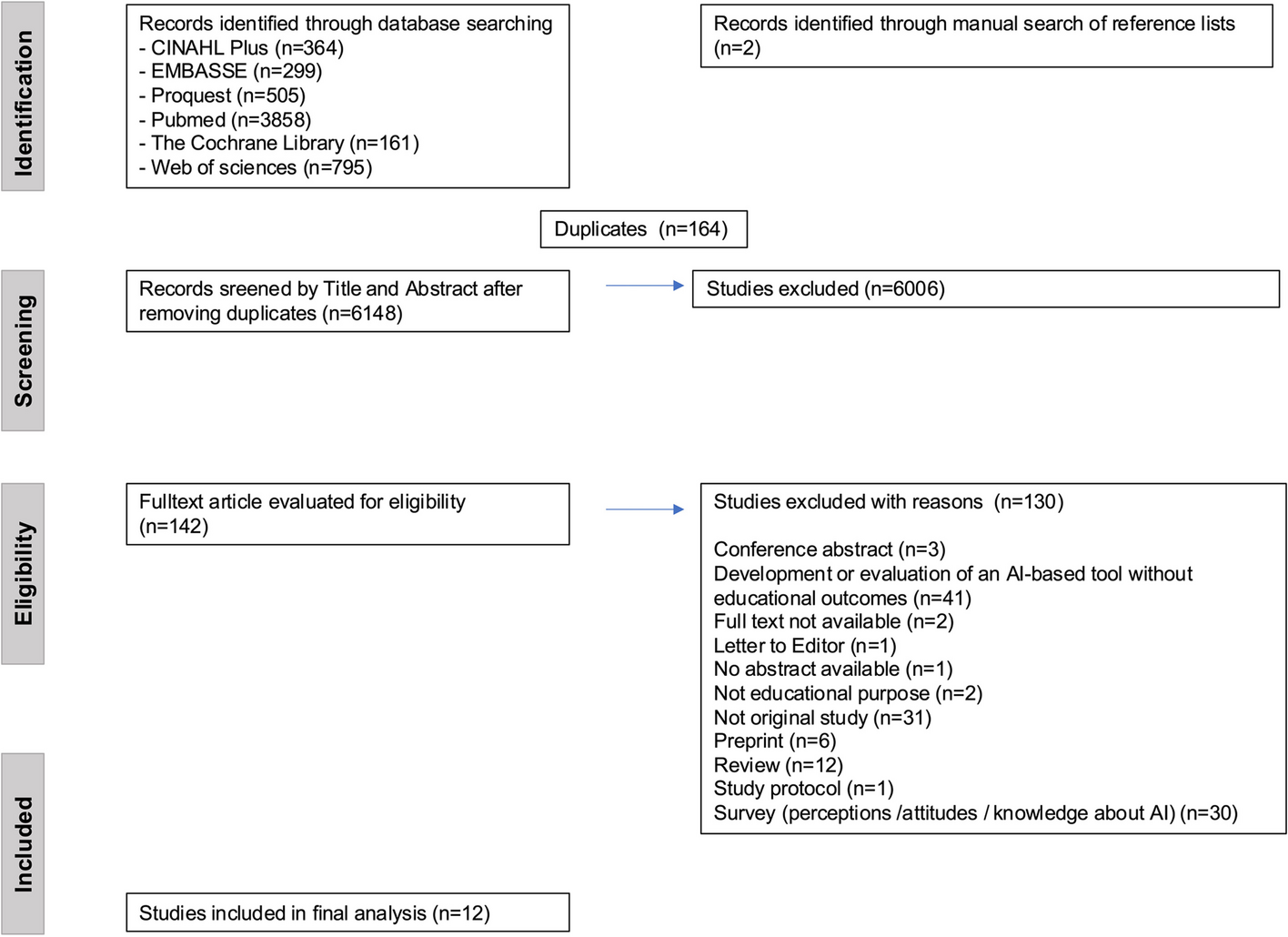As artificial intelligence (AI) continues to permeate various sectors, its application in health professions education is under increasing scrutiny. A recent systematic review has cast a critical eye on the current evidence supporting AI-powered educational interventions. The findings reveal significant variability and methodological weaknesses in existing studies, underscoring a pressing need for more rigorous research.
Methodological Flaws and Variability
The review highlights a concerning trend: the measurable educational outcomes of AI applications in health education are poorly documented. This lack of solid evidence raises questions about the efficacy of AI tools in enhancing learning experiences for health professionals. The studies examined in the review demonstrate high variability in their approaches, making it difficult to draw definitive conclusions about the benefits of AI in this field.
“The current body of evidence is insufficient to conclusively determine the impact of AI on educational outcomes in health professions. There is a critical need for more rigorous and methodologically sound studies,” the review states.
Integrating AI with Human Interaction
To address these challenges, the review suggests a blended learning approach, combining AI-based tools with traditional educational methods. This integration aims to leverage the strengths of technology while maintaining essential human interaction, which is vital in health professions education. Such a balanced approach could enhance learning experiences without compromising the quality of education.
Privacy and Accuracy Concerns
Beyond methodological issues, the review also points to significant concerns regarding data privacy and the accuracy of AI tools. Ensuring robust privacy protections and accurate AI outputs is crucial, particularly in a field as sensitive as health education. Users must have control over their privacy choices, as emphasized by the availability of privacy and cookie management options in preference centers.
The findings of this review serve as a wake-up call for educators and policymakers. As AI continues to evolve, its integration into educational environments must be carefully managed to prevent potential pitfalls. Rigorous evaluation and thoughtful implementation are essential to harness the full potential of AI in health professions education.
Originally published at https://bmcmededuc.biomedcentral.com/articles/10.1186/s12909-025-06719-5
ResearchWize Editorial Insight
The article "AI in Health Professions Education: A Call for Rigorous Evaluation" is crucial for students and researchers as it highlights the current gaps in evidence supporting AI's educational efficacy. It underscores the need for more robust, methodologically sound studies to validate AI's role in health education. This is particularly relevant for researchers aiming to contribute to this emerging field.
For students, understanding these limitations is key to critically evaluating AI tools they might encounter in their education. It also emphasizes the importance of integrating AI with human interaction to enhance learning without sacrificing quality.
The article raises important questions about data privacy and accuracy, crucial considerations for anyone dealing with sensitive health education data. As AI continues to evolve, how can educators ensure these tools are both effective and secure? This piece serves as a reminder that rigorous evaluation and thoughtful implementation are essential to avoid potential pitfalls and fully harness AI's potential.
Looking Ahead
1. Revolutionizing Curriculums or Stagnating Them?
AI has the potential to revolutionize health professions education, but will curriculums adapt quickly enough? The static nature of traditional educational systems might hinder the integration of dynamic AI tools. Institutions must take bold steps to overhaul curriculums, incorporating AI literacy as a core component. This isn't just about adding AI courses but embedding AI thinking throughout the educational experience. Will decision-makers be agile enough to implement these changes before AI's capabilities surpass our readiness?
2. From Data Privacy to Data Sovereignty
In an era where data is the new oil, how will health education programs ensure that data privacy concerns do not escalate into data sovereignty crises? The stakes are higher in health education, where sensitive data could be misused. It's imperative for policymakers to establish stringent data governance frameworks that not only protect privacy but also empower students and educators to control their data. If regulators fall behind, we risk compromising the very trust that is foundational to education.
3. The Ethics of AI in Education: Who Decides?
The ethical implications of AI in education are profound. Who gets to decide the ethical boundaries of AI applications in health professions education? As AI becomes more integrated, we must establish clear ethical guidelines to prevent biases and ensure equitable access. The creation of independent oversight committees, involving educators, technologists, and ethicists, is crucial. Without these checks, we risk perpetuating systemic inequalities and undermining educational integrity.
4. A Call for Rigorous Evaluation: Beyond the Surface
The current evaluation methods for AI tools in education are inadequate. We need robust, longitudinal studies that go beyond surface-level assessments to truly understand AI's impact on learning outcomes. This requires collaboration between AI developers and educational researchers to design studies that are methodologically sound and contextually relevant. Will the academic community rise to this challenge, or will we continue to rely on anecdotal evidence?
5. Blended Learning: The Best of Both Worlds or a Compromise?
Blended learning, combining AI tools with human interaction, is touted as the future. But is it the best of both worlds or merely a compromise? The success of this approach hinges on the seamless integration of technology and human elements. Educators must be trained not just to use AI tools but to understand their limitations. Only then can we ensure that AI enhances rather than detracts from the educational experience.
The path forward is fraught with challenges, but the opportunities are equally compelling. The question is, will we seize them with the urgency and foresight they demand?
Originally reported by https://bmcmededuc.biomedcentral.com/articles/10.1186/s12909-025-06719-5.
Related Articles
- Canadian teachers yearn for guidance, instruction as AI infiltrates classrooms
- Graduate School
- Nvidia pledges $25M for AI education in US
📌 Take the Next Step with ResearchWize
Want to supercharge your studying with AI? Install the ResearchWize browser extension today and unlock powerful tools for summaries, citations, and research organization.
Not sure yet? Learn more about how ResearchWize helps students succeed.

